Optimal Timing for Sewer Pipeline Installations
Sewer pipeline installations are most effectively performed during specific periods that minimize disruptions and ensure optimal working conditions. The ideal timing depends on climate, soil conditions, and project scope. Typically, the best times are during dry seasons when soil moisture levels are stable, reducing the risk of delays caused by water ingress or unstable ground.
Late spring and early fall often provide the most favorable weather conditions, with moderate temperatures and lower precipitation levels, facilitating smoother installation processes.
Avoid periods of heavy rain or snow, as these can lead to soil instability, project delays, and increased safety risks.
Dry, firm soil enhances trench stability and reduces the likelihood of collapse or shifting during installation.
Scheduling during off-peak seasons can also reduce logistical challenges and allow for more flexible project timelines.
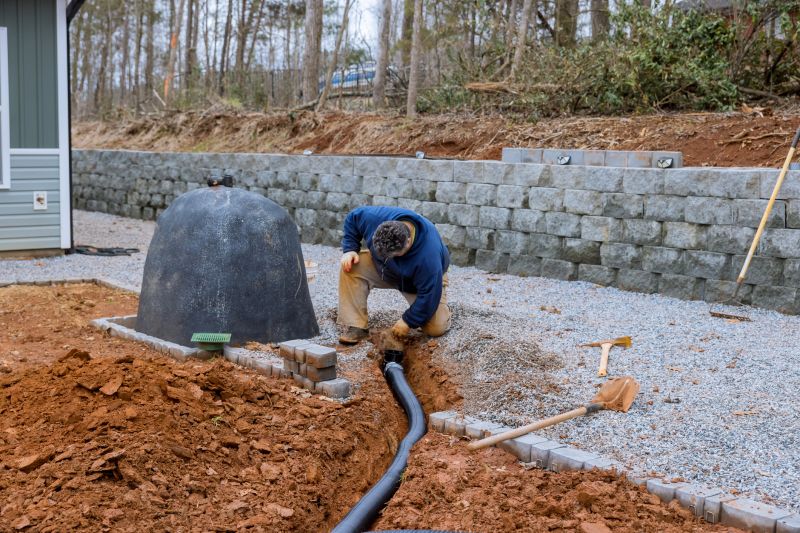
Ways to make Sewer Pipeline Installations work in tight or awkward layouts.
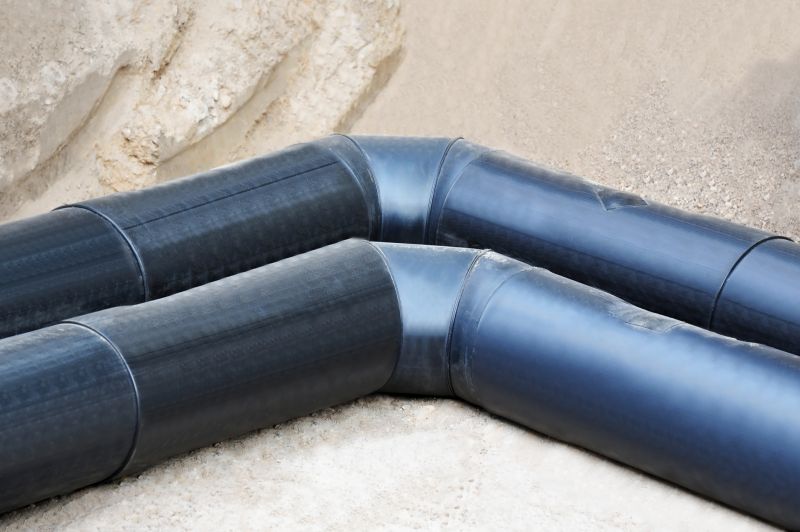
Popular materials for Sewer Pipeline Installations and why they hold up over time.
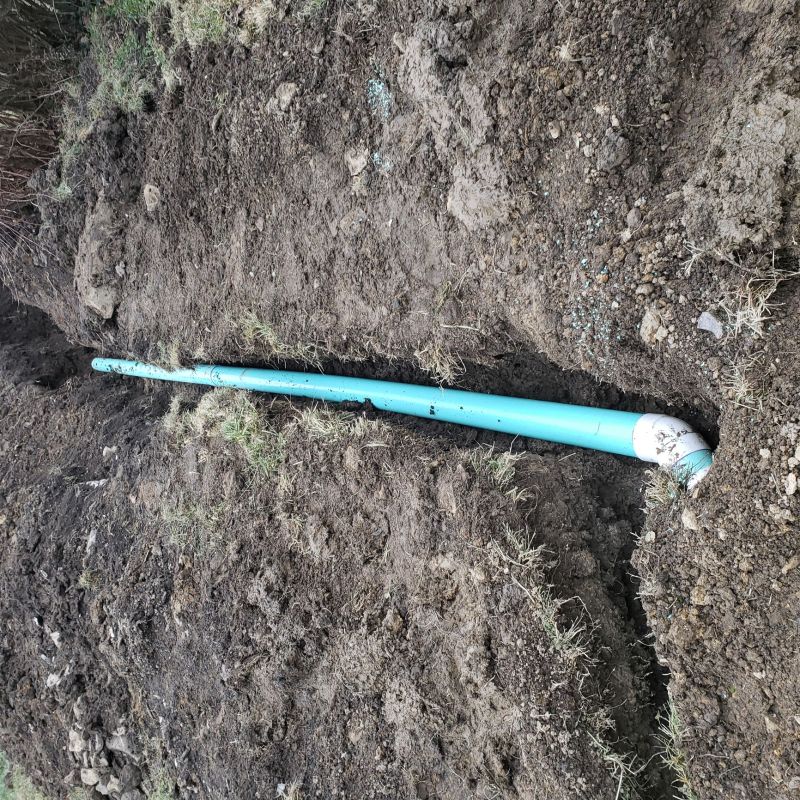
Simple add-ons that improve Sewer Pipeline Installations without blowing the budget.
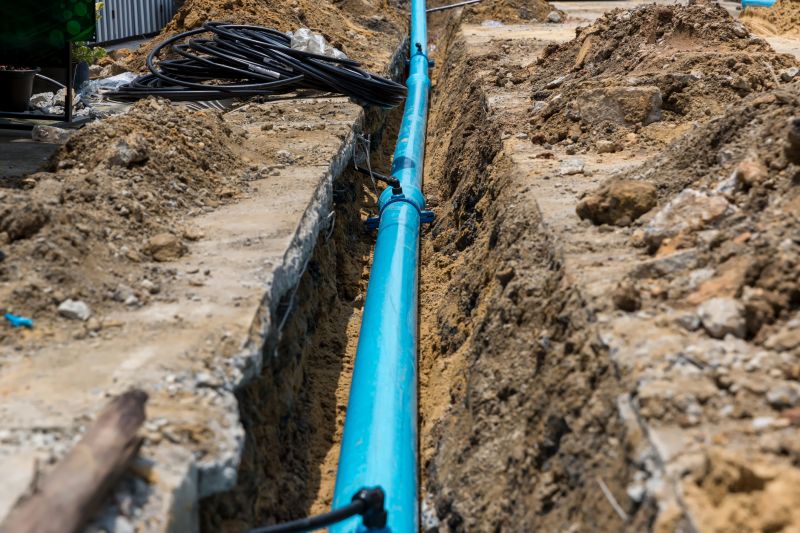
High-end options that actually feel worth it for Sewer Pipeline Installations.
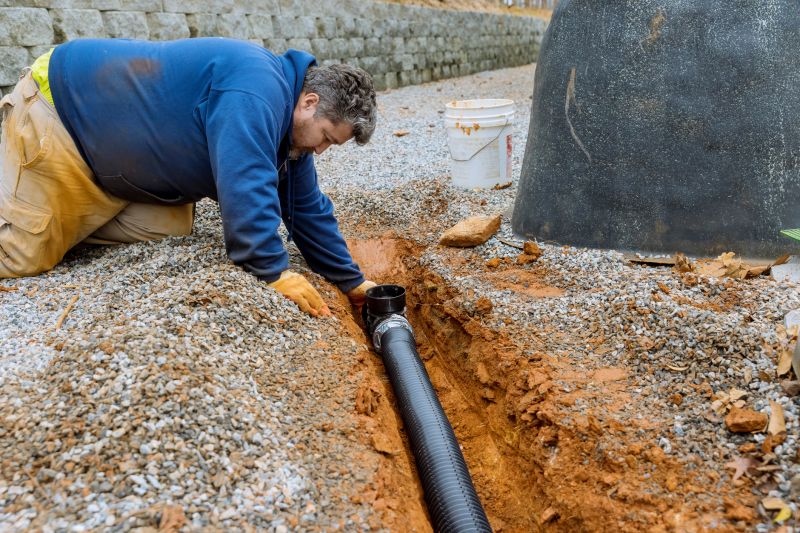
Finishes and colors that play nicely with Sewer Pipeline Installations.
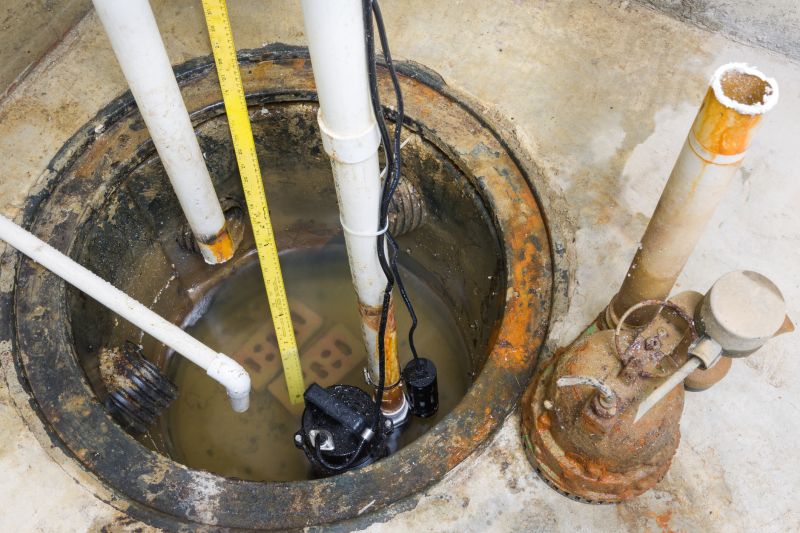
Little measurements that prevent headaches on Sewer Pipeline Installations day.
Sewer pipeline installation involves laying underground pipes that convey wastewater from residential, commercial, and industrial facilities to treatment plants or disposal points. Proper installation is critical to prevent leaks, blockages, and environmental contamination. The process includes excavation, pipe placement, jointing, and backfilling, requiring careful planning and execution.
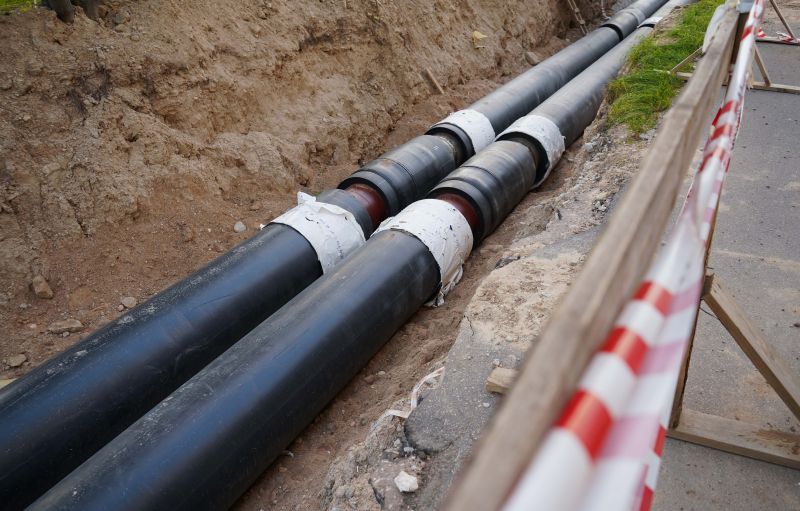
A 60-second routine that keeps Sewer Pipeline Installations looking new.
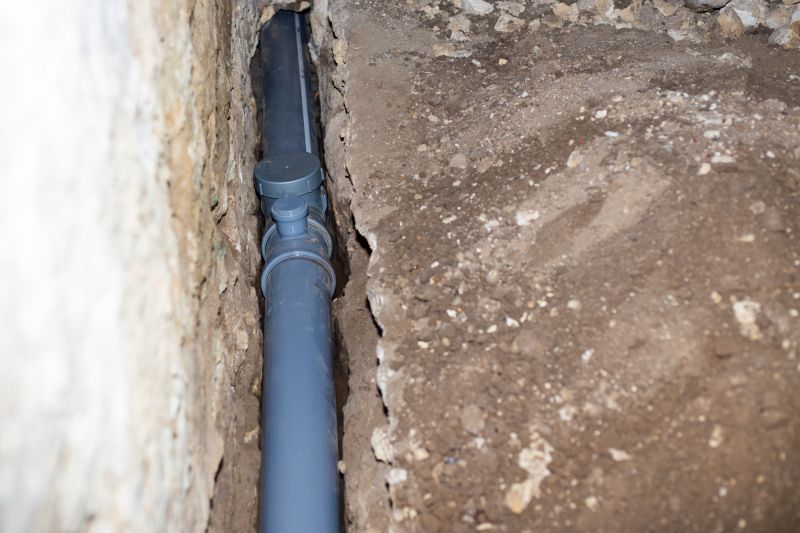
A frequent mistake in Sewer Pipeline Installations and how to dodge it.
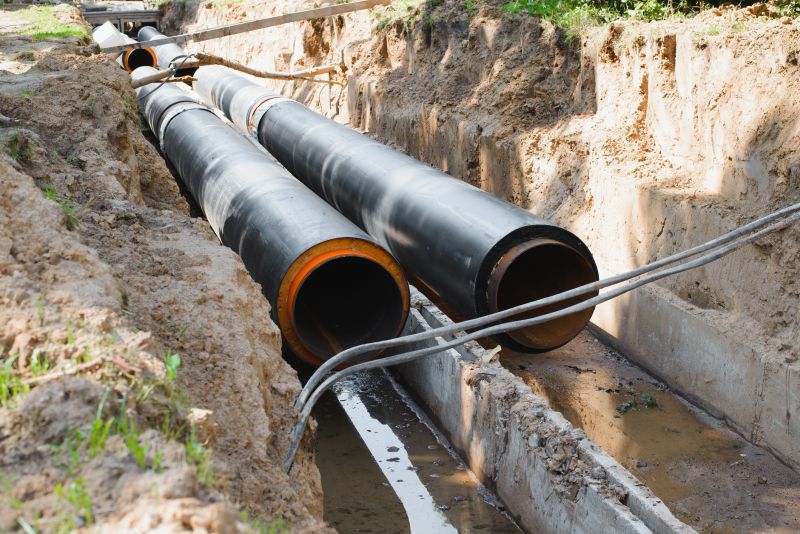
Small tweaks to make Sewer Pipeline Installations safer and easier to use.
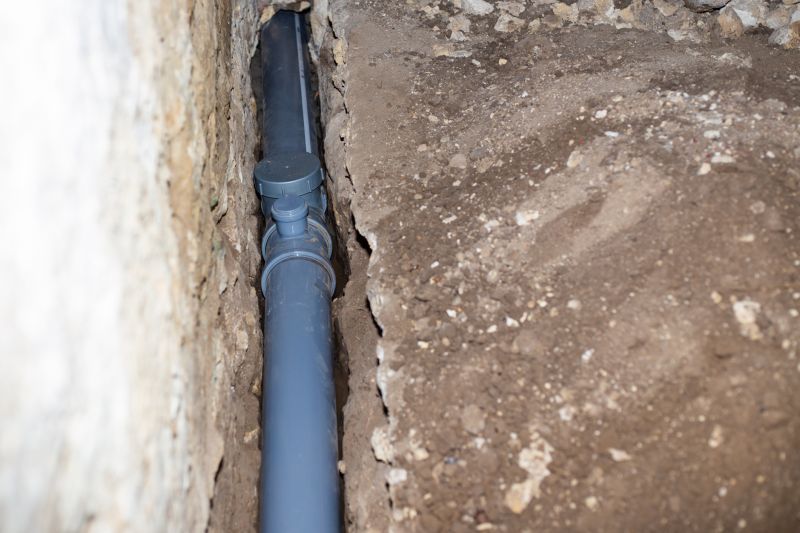
Lower-waste or water-saving choices for Sewer Pipeline Installations.
| Season | Advantages |
|---|---|
| Spring | Moderate temperatures and manageable rainfall facilitate installation. |
| Summer | Longer daylight hours allow for extended work periods, but high temperatures may require precautions. |
| Fall | Ideal conditions with cooler temperatures and less rain, reducing delays. |
| Winter | Potential challenges include frozen ground and snow, which can hinder progress. |
| Dry Season | Consistent soil conditions and minimal weather disruptions. |
Scheduling sewer pipeline installations during periods with stable weather and suitable soil conditions can enhance project efficiency, safety, and cost-effectiveness. Proper planning around seasonal weather patterns ensures that the installation process proceeds smoothly and meets quality standards.
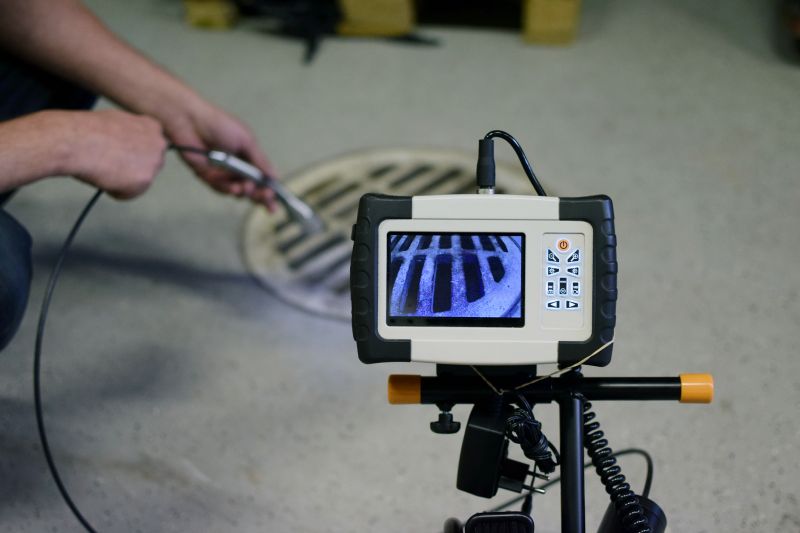
The short, realistic tool list for quality Sewer Pipeline Installations.
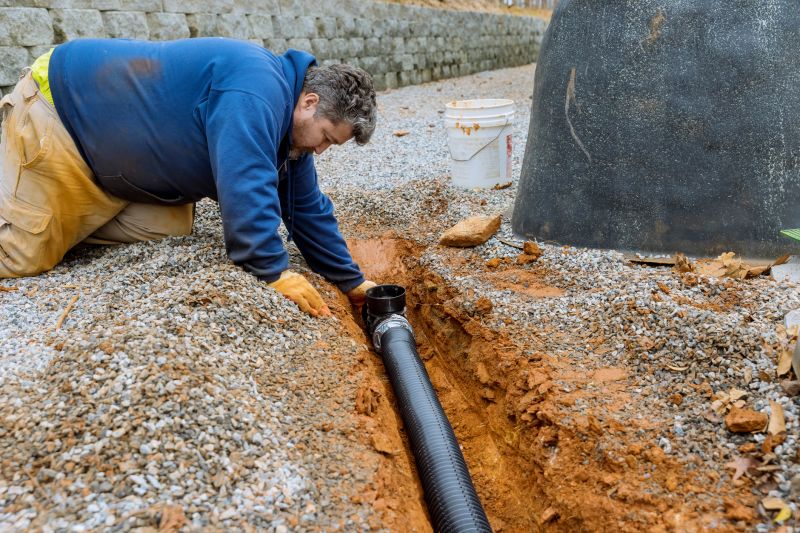
Rough timing from prep to clean-up for Sewer Pipeline Installations.
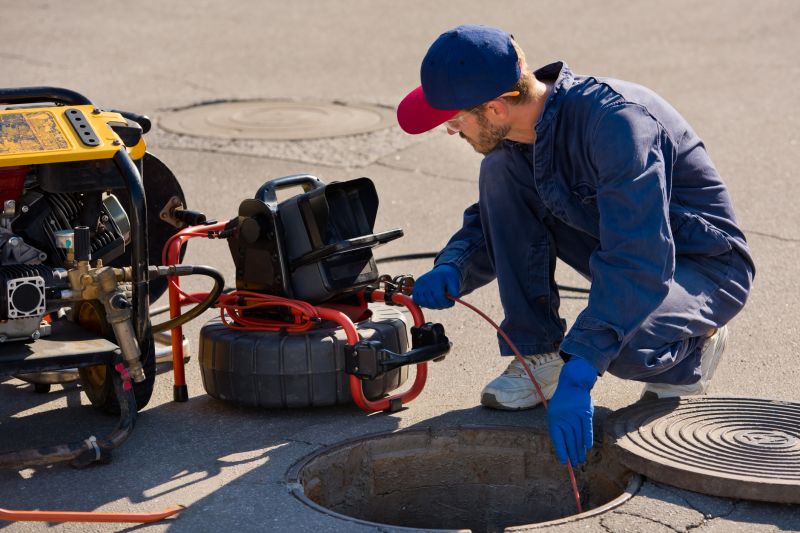
Quick checks and paperwork to keep after Sewer Pipeline Installations.
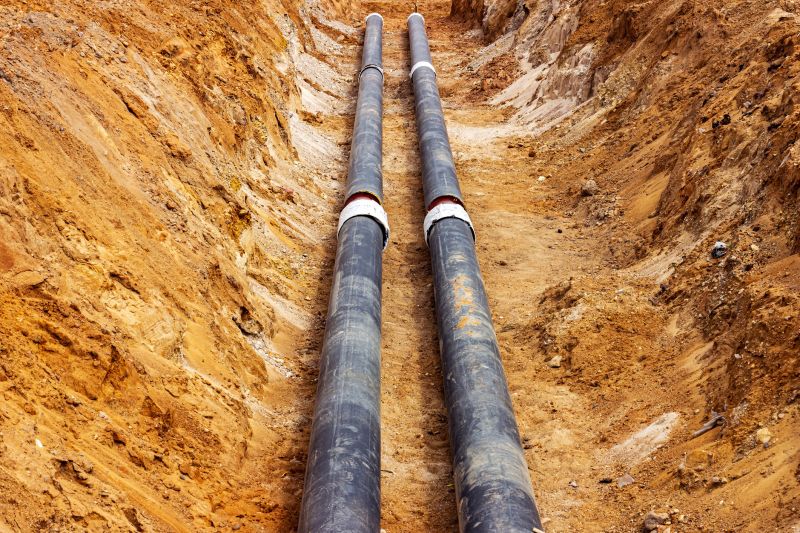
Examples that show the impact a good Sewer Pipeline Installations can make.
Interested parties are encouraged to contact for more information about scheduling sewer pipeline installations during optimal periods. Proper timing can lead to smoother operations, reduced costs, and reliable infrastructure performance.
